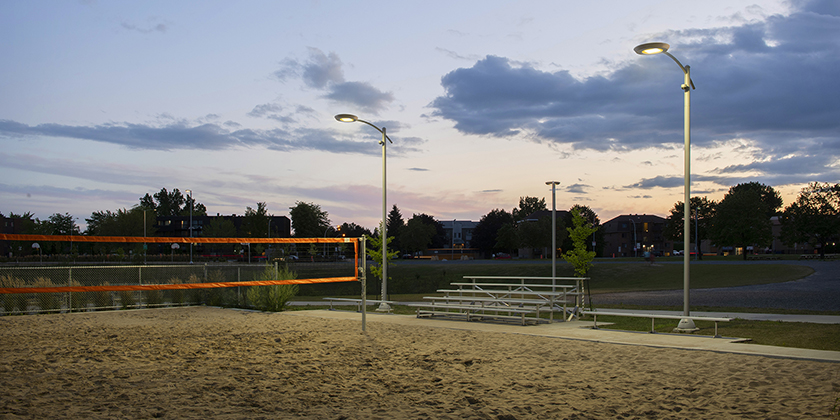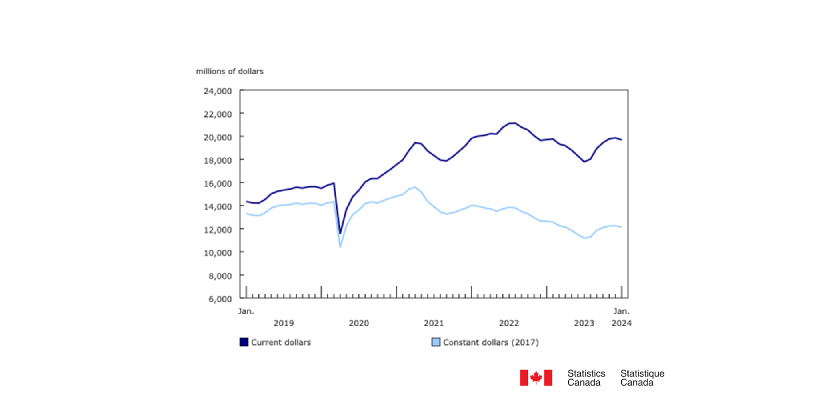Schneider Electric joins The Climate Group EV100

March 25, 2020
Moving forward with its commitment to build a net-zero carbon world, Schneider Electric has joined The Climate Group’s EV100 initiative to launch a Green Fleet policy which aims to replace 100% of its car fleet with electric vehicles by 2030. The announcement coincides with the launch of the 2020 Progress and Insights Annual Report, which shows demand for electric vehicles is on the up and that members are progressing fast towards their goals where models are available.
The future of mobility is electric: demonstrating that a rapid shift is within reach
According to IPCC’s special report, global CO2 emissions need to be cut by 45% by 2030 to limit climate change to 1.5°C globally. Electric mobility is key to achieving this future, coupled with decarbonization, decentralization and digitization of energy.
However, adoption of electric mobility is slower than needed. With this commitment Schneider Electric wishes to demonstrate that a rapid shift is achievable, while securing driver comfort and costs. By 2030, Schneider Electric will convert 14,000 company cars in over 50 countries to EV. Schneider Electric will also install EV charging infrastructure in its major offices and factories by 2030, with flagship sites showcasing innovative EcoStruxure e-mobility architecture with microgrid technologies, asset management and new energy management systems.
In 2019, Schneider Electric accelerated its climate strategy, with notably the objective to achieve carbon neutrality in its own ecosystem by 2025 and net-zero emissions by 2030 as part of its validated 1.5°C SBT (science-based climate target). By Joining EV100 initiative, led by The Climate Group and bringing together influential businesses, Schneider Electric has committed to accelerate climate action. Transitioning to an electric fleet will enable the Group to bring down direct CO2 emissions from company cars to zero by 2030.
Schneider Electric is a triple joiner of the Climate Group’s EP100, RE100 and EV100 initiatives, which are complementary transformations to cut emissions from operations to zero by 2030, in line with a 1.5°C climate trajectory. In 2017 Schneider Electric partnered with:
EP100 initiative: to double energy productivity by 2030, against a 2005 baseline, setting an ambitious target to double the economic output from every unit of energy consumed;
RE100 initiative: to use 100% renewable electricity by 2030 with an intermediary objective of 80% by 2020. Progress is reported in the Schneider Sustainability Impact (SSI).










![Guide to the Canadian Electrical Code, Part 1[i], 26th Edition – A Road Map: Section 10 – Grounding and Bonding](https://electricalindustry.ca/wp-content/uploads/2022/11/Guide-CE-Code-2.png)





